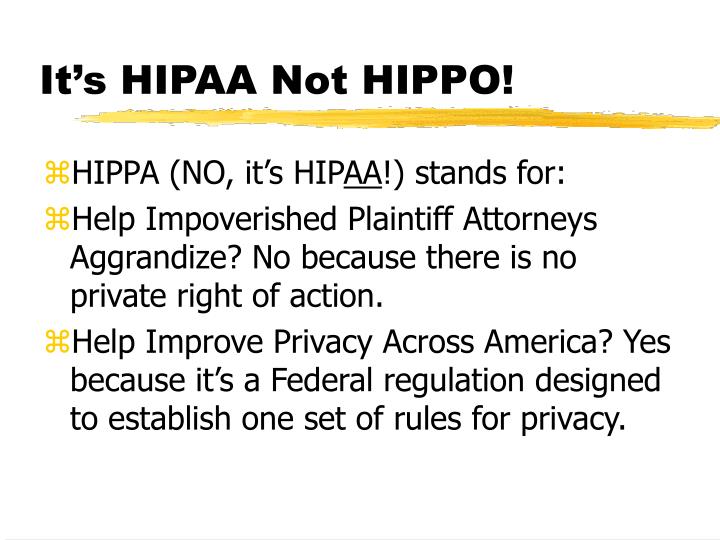

If the PHI is in the form of text, the message must be encrypted. It helps secure the emails that users are sending outside a protected email network.Įmails having PHI shouldn’t be sent unless they are encrypted with a third-party program or with 3DES, AES, or similar algorithms.

Encryption requirements for a HIPAA-compliant emailįollowing are the regulations that must be complied with in a HIPAA-compliant email:Ī HIPAA-compliant email must be encrypted as it makes the data unreadable during the transmission and at rest.Īs per the HIPAA email rules, the messages in transit containing the ePHI have to meet the encryption requirements. Therefore, most of the entities refer to a third party, precisely a HIPAA compliant email provider, to work on HIPAA standards. However, the usual email providers of Google and Yahoo aren’t usually HIPAA compliant. An entity abiding by the Privacy Rule and the Security Rule is said to be HIPAA compliant. What are HIPAA-compliant emails?Ī HIPAA-compliant email ensures that any email with protected health information is delivered securely to the recipient’s inbox. The covered entities and business associates dealing with this protected health information (PHI) must comply with these rules.

The Security ruleĪccording to this, appropriate administrative, physical, and technical measures should be adopted to ensure the confidentiality, integrity, and security of the patients’ health information. It sets limits and conditions on the further uses and disclosures of such information without the patient’s authorization. This rule protects the privacy of the personal health information of an individual. There are two main elements in HIPAA as follows. These transactions may be healthcare claims, advice regarding payment and remittance, healthcare status, coordination of benefits, enrollment, eligibility checks, transfers of electronic healthcare funds, referral certifications, and authorization. These providers include, but are not limited to: Department of Health and Human Services has adopted standards come under HIPAA. The entities that give out healthcare information to make particular transactions for which the U.S. Title V covers things like company-owned life insurance and how people who lose their US citizenship are taxed. Title IV defines health-care reform in further detail, including provisions for people with pre-existing diseases and those who want to keep their current coverage. Title IV: Application and Enforcement of Group Health Plan Requirements Title III contains tax-related provisions as well as medical-care guidelines. Title III: HIPAA Tax-Related Health Provisions It also mandates that healthcare organizations implement secure electronic access to health data and adhere to HHS privacy laws. Title II of the bill instructs the US Department of Health and Human Services to develop national standards for the processing of electronic healthcare transactions. Title II: HIPAA Administrative Simplification It also forbids corporate health plans from rejecting coverage to those with certain diseases or preexisting conditions, as well as putting lifetime coverage restrictions in place. Health insurance coverage is protected under Title I for people who lose or change jobs. HIPAA is divided into the following five titles: Title I: HIPAA Health Insurance Reform The critical goals and objectives around which HIPAA revolves are as follows: Furthermore, amendments have been made to the HIPAA since the law was first made. The mandatory compliance of HIPAA helps in preventing the misuse of this information. It is aimed at protecting the personal data of patients from public access. federal law passed by the Department of Health & Human Services in 1996. HIPAA (Health Insurance Portability and Accountability Act) is a U.S.
Hipaa stands for how to#
How to find the best HIPAA-compliant email provider? How to secure emails for HIPAA-compliance


 0 kommentar(er)
0 kommentar(er)
